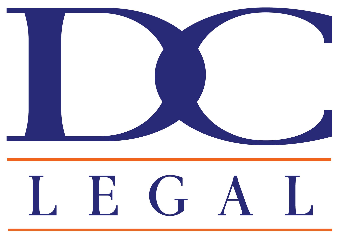Washington’s New Uniform Power of Attorney Act At-a-Glance
What is a Power of Attorney?
A power of attorney is a highly customizable document that permits an individual (the “principal”) to appoint someone (the “agent” or “attorney in fact”) to act on the principal’s behalf. The power granted to an attorney in fact can be either very narrow, such as when the power is limited to a specific transaction, or incredibly broad. Sometimes power of attorney documents will be separated by purpose, with one document appointing an agent to make financial decisions on the principal’s behalf, while a separate document appoints an agent to make medical decisions. In other cases, such as with ‘general’ power of attorney documents, both financial and medical decision making powers are granted within the same document.
While powers of attorney made in Washington State are highly customizable, they are nonetheless subject to certain legal requirements. Since 1985, powers of attorney have been governed by Washington’s Power of Attorney Act, RCW 11.94. In April of 2016, however, Governor Inslee signed into law Washington’s new Uniform Power of Attorney Act (SB 5635), which will take effect on January 1, 2017.
In this post, we summarize the major changes between Washington’s current Power of Attorney laws and the new Washington Uniform Power of Attorney Act.
- Execution Requirements. Notarization or two witnesses will be required. The current law is silent as to what procedures are necessary to make a power of attorney valid.
- Agent’s Duty. Specific duties will be imposed by law. The current law is silent with regards to duties; courts have imposed a broad fiduciary duty on agents.
- Effect of Divorce on Appointment of Spousal Agent. Filing of dissolution petition will terminate the agency. The current law terminates the agency only on filing of dissolution decree, rather than the filing of the petition.
- Gifting. The agent’s power to gift will be limited to the annual exclusion amount unless otherwise specified. The current law does not impose restrictions on gifting provisions.
- Resignation of Agent. The new law will give specific mechanisms for how an agent may resign. The current law is silent with regards to how an agent may resign; often the language of the document would indicate the mechanism for an agent’s resignation.
- Co-agency. The new law will provide that co-agents are to act jointly unless the language of the document provides otherwise. The current law is silent with regards to any default rules applicable to the co-agency.
- HIPPA Authority. The new law explicitly states that the attorney-in-fact is authorized to access records under HIPPA. The current law is silent with regards to HIPPA authorization; often the language of the document would indicate that the principal had granted a HIPPA release to the agent.
For more information regarding Washington’s New Uniform Power of Attorney Act, check out the Final Bill Report produced by the Washington State Legislature, or view the act in its entirety here.







